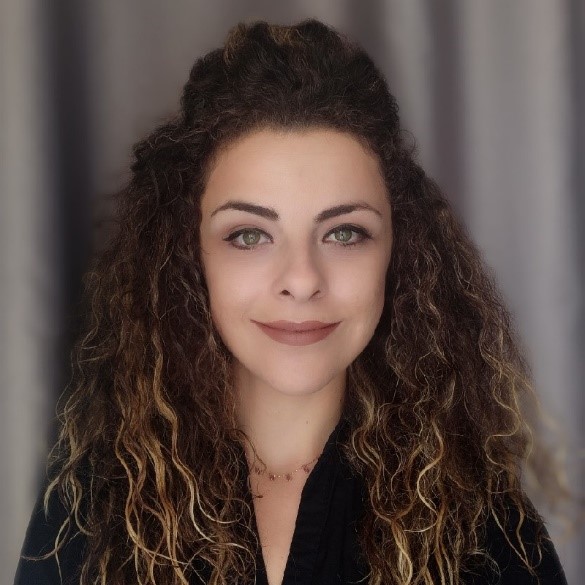Biomedical Technologies
Dr. Gözde Kabay obtained her master’s and doctoral degrees in Biomedical Engineering at TOBB University of Economics and Technology in Ankara, Turkey. She also conducted research at the Incheon University and the University of Wisconsin-Madison during her postgraduate studies. After her postdoctoral research period at FIT & IMTEK at the University of Freiburg, she is currently working as a postdoc researcher in the biosensors field at the Institute of Functional Interfaces (IFG), Karlsruhe Institute of Technology (KIT).
Research Interests
- Biosensors
- Biomaterials
- Drug delivery
- Plasma processing of materials for biomedical applications
Biosensors
A biosensor (IUPAC, 1998) is a self-contained integrated device providing specific qualitative or semi-quantitative analytical information using a biological recognition element in direct-spatial contact with a transduction element. It mainly consists of the following four elements:
(i) A bioreceptor, which is a molecule (either natural, synthetic, or bioinspired) with a high binding affinity toward a specific substance (i.e., target/analyte), enabling its biorecognition.
(ii) A transducer to convert this biorecognition event into a measurable signal.
(iii) An electronic circuit for signal processing and data evaluation (preferably also for data transfer).
(iv) A display unit translating the output signal to predefined forms (numeric, visual, or illustration).
Dr. Gözde Kabay obtained her master’s and doctoral degrees in Biomedical Engineering at TOBB University of Economics and Technology in Ankara, Turkey. She also conducted research at the Incheon University and the University of Wisconsin-Madison during her postgraduate studies. After her postdoctoral research period at FIT & IMTEK at the University of Freiburg, she is currently working as a postdoc researcher in the biosensors field at the Institute of Functional Interfaces (IFG), Karlsruhe Institute of Technology (KIT).

Biosensors offer many promising features:
i) low costs,
ii) rapid, simultaneous, and susceptible detection of various analytes,
iii) short turnaround times,
iv) high specificity and selectivity,
v) adaptability for on-site (even wearable) testing, continuous monitoring, and multiplexed detection, and vi) integrability for simultaneous data transfer to a central or distributed database.
In the Biomedical Technologies Lab, we develop innovative biosensing strategies to facilitate several disease diagnoses. If you believe that you have a nice idea or want to gain more expertise in the biosensing field, do not hesitate to contact us!

 Dr. Gözde Kabay
Dr. Gözde Kabay